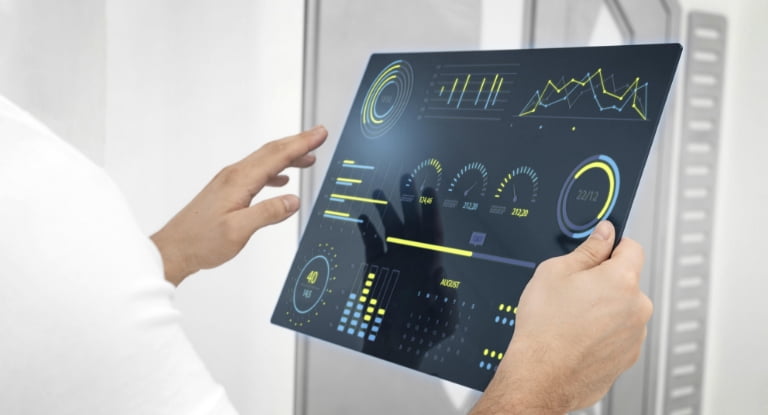Quick Navigation



SenseBuild AI's Early Success Stories,
Redefining Business Efficiency and Customer Experience
Manual reception processes could not keep up with high visitor volumes or multilingual needs in large campuses and large buildings. Our Nova AI Front Desk solution introduced facial recognition, self-service registration, and smart navigation in different languages. This allows the registration time to drop by 30%, with over 95% of visitors using the self-service. The dependence on manpower for front desk services was significantly reduced, with a corresponding boost in service quality standards garnered from user feedbacks.

Faced with long wait times for VIPs and priority clients in high-traffic branches, a major bank implemented an AI-powered queuing solution. By dynamically reordering the queue based on facial recognition and pre-registration data, the system prioritised service for key segments without disrupting general flow. The result: a 35% reduction in VIP wait time, 50% boost in customer satisfaction, and a significant drop in front-desk workload.

Manual appointment scheduling caused peak-hour congestion and a high no-show rates. To address this, an AI recommendation engine was deployed to analyse traffic data and staff availability, offering customers optimal booking slots via SMS or web. This approach cut no-show rates by 30%, improved load balancing across branches by 20%, and increased customer satisfaction with a more flexible, intelligent scheduling.

Inconsistent stock levels and manual tracking led to over-ordering, delays, and service inefficiencies. An AI module now monitors real-time inventory usage, flags anomalies, and predicts restocking needs. Integrated with technician work orders, it drove a 40% reduction in stock waste, higher SLA compliance, and more reliable inventory availability.

Unstructured reporting of faults, security and safety matters often resulted in delayed responses and poor documentation. With an AI-powered reporting platform, incidents are now auto-categorised, assigned required SLAs, and escalated intelligently across various channels like web, mobile, and kiosk. This cut reporting time by 55%, raised SLA compliance by 35%, and enabled end-to-end visibility and accountability.

Fragmented energy data made tenant-level accountability and ESG reporting nearly impossible. AI now consolidates sub-metering and BMS data into a unified dashboard, attributing consumption per tenant and automating ESG reporting. This enabled 100% audit traceability, full tenant transparency, and measurable energy savings through shared accountability.

Lack of asset tracking and manual warranty logging led to redundancy and over-servicing. AI now manages assets from purchase to disposal, using QR scans and historical cost analysis to flag issues. This cut duplicate purchases by 20%, increased in-warranty repair rates, and kept maintenance spending within ±5% of budget.

Hybrid work adoption exposed inefficiencies in desk booking, space use, and visibility. An AI module with real-time sensors and predictive analytics now manages hot desks, rooms, and zones. The result is a 28% increase in desk utilization, near-zero booking conflicts, and a better fit between space availability and actual usage patterns.